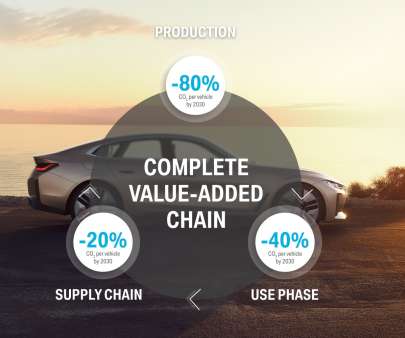BMW Group makes sustainability and efficient resource management central to its strategic direction
Green Car Congress
JULY 28, 2020
The BMW brand flagship will be available with four different drive technologies: with a highly efficient diesel or gasoline engine with 48-volt technology, as an electrified plug-in hybrid and, for the first time, as a fully-electric BEV model. The ongoing rollout of 48-volt technology is another element of CO 2 reduction.











Let's personalize your content